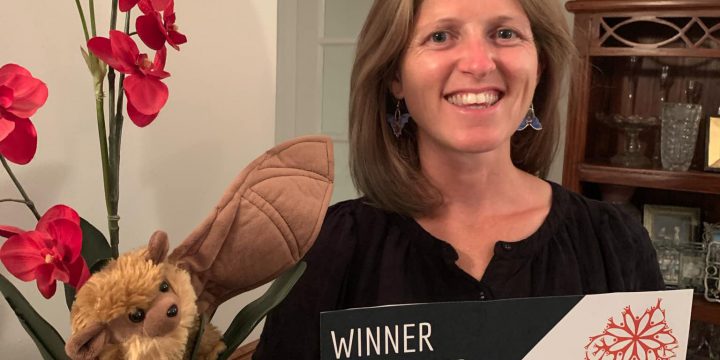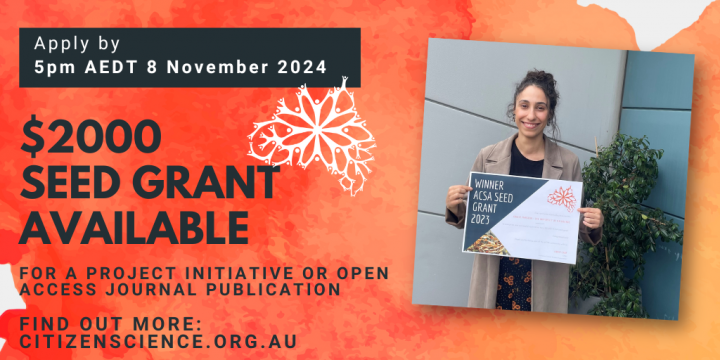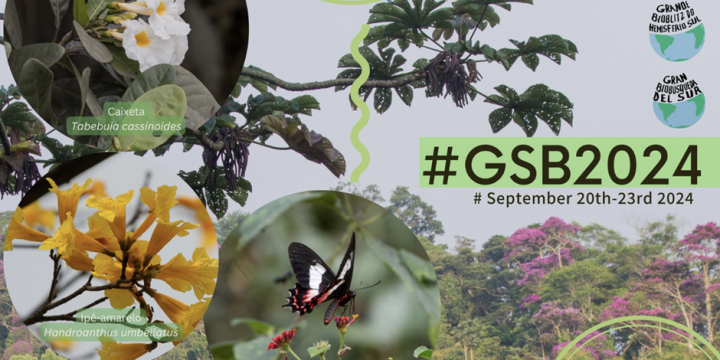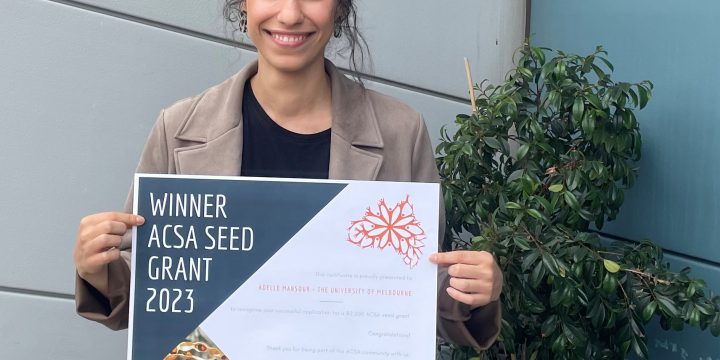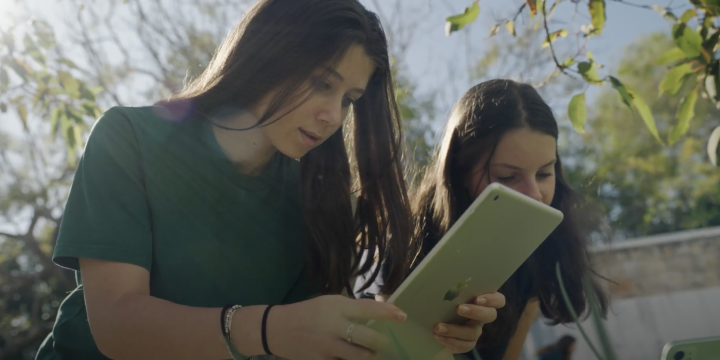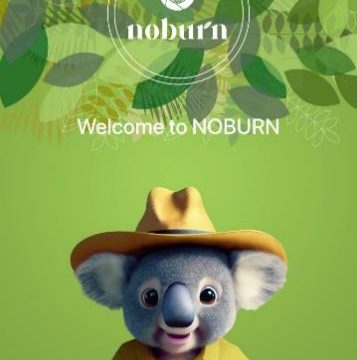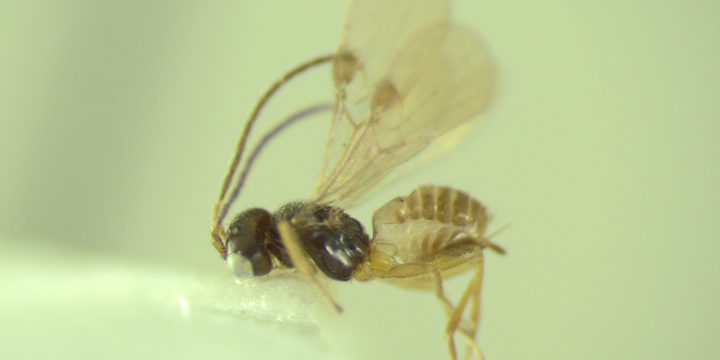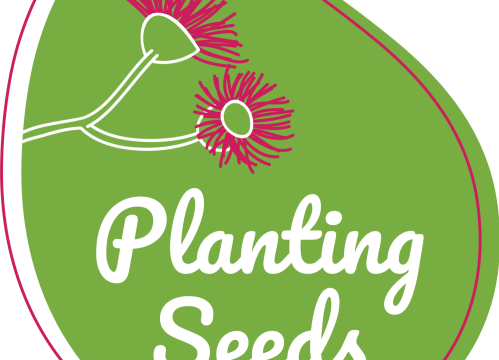Empowering Conservation: Citizen Scientists Take on Bat Research
Empowering Conservation: Citizen Scientists Take on Bat Research Bats play a crucial role in our ecosystems—pollinating plants, controlling insect populations, and contributing to biodiversity. However, a negative perception has contributed to barriers to conservation and research for bats, along with the need for specialist equipment and skills. Previous research has shown that these ‘non-charismatic species’ tend to attract less funding, resources, and demand for conservation and research, making this a critical barrier to their protection and to the benefits they provide us. Citizen science has the potential to address some of these challenges by engaging the public in hands-on research, increasing data collection capacity, and fostering positive attitudes towards these often-overlooked species. By involving more people in research efforts, can we expand knowledge, shift perceptions, and help bridge the resource…

